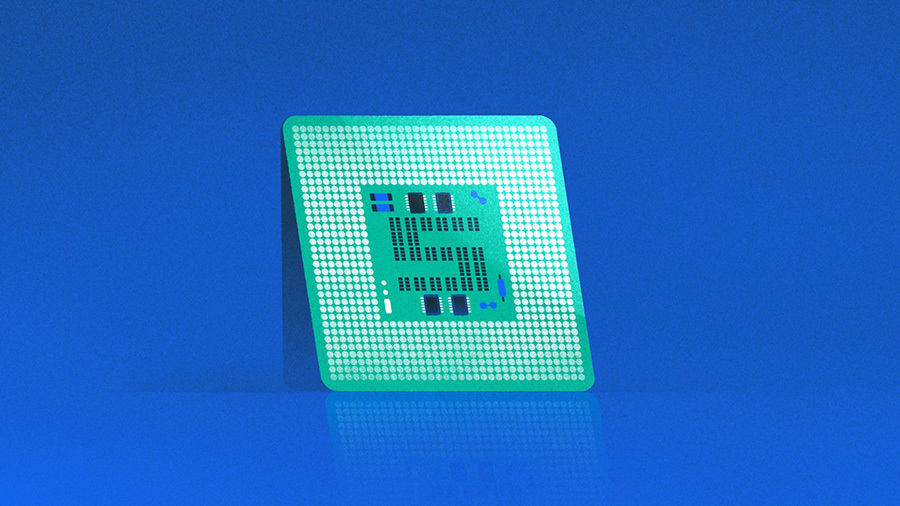In the ever-evolving world of venture capital, hardware startups are emerging as the next big investment opportunity.
According to a recent analysis by strategic adviser Itay Sagie on Crunchbase News, the hardware sector is gaining traction among investors seeking innovative, tangible solutions in a tech-driven market.
The Historical Shift: From Software to Hardware
Historically, software-as-a-service (SaaS) platforms dominated venture capital funding, overshadowing hardware due to lower production risks and faster scalability.
However, with advancements in manufacturing technologies like 3D printing and the rise of IoT (Internet of Things), hardware has become more accessible and cost-effective for startups to develop.
Why Hardware is the New Investment Frontier
Sagie highlights that hardware innovations, such as wearable tech and smart home devices, are addressing real-world consumer needs, making them a high-potential market.
This shift is evidenced by recent funding rounds for companies developing cutting-edge robotics and AI-integrated devices, signaling a growing investor confidence in physical tech products.
Impact on Industries and Economies
The ripple effect of hardware investment is profound, as successful startups can revolutionize industries like healthcare, automotive, and agriculture with groundbreaking tools.
Economically, the growth of hardware startups could spur job creation in manufacturing and R&D, especially in regions positioning themselves as tech hubs.
Challenges and Risks Ahead
Despite the optimism, challenges like supply chain disruptions and high initial costs remain significant hurdles for hardware entrepreneurs, as Sagie notes.
Investors must also navigate longer development timelines compared to software, requiring patience and a strategic vision for returns.
The Future of Hardware Investments
Looking ahead, the integration of AI and machine learning into hardware promises to unlock even more innovative applications, potentially redefining everyday life by 2030.
As venture capital continues to pivot toward this dynamic sector, hardware startups may well become the backbone of the next technological revolution.


 Alfred Lee
Alfred Lee





